Intangible asset issues for start-ups
Intangibles, including Intellectual property, are increasingly recognised as key business assets. Estimates vary but experts believe between 70% and 90% of the market value of publically traded companies is attributed to intangible assets (IA). Companies with comprehensive IA portfolios outperform other companies in terms of performance and market valuation. The world has transitioned from a knowledge economy to an innovation economy, where leaders must have a very long term sustainable view, create cross collaborative cultures and design repeatable processes for identifying and extracting value from innovation opportunities. In this innovation economy, managing intellectual property and other intangible assets will be of even more value for businesses of all sizes.
IA may generate business value in many ways , including:
attracting investment or financing;
being used as collateral for debt financing;
signalling a competitive advantage in the market;
being used or held as a defensive tool against competitors or non-practising entities; ]
being used as a piece of property which may be sold or licensed to directly generate revenue; or
defining respective boundaries when collaborating with third parties.
Key events in the life cycle of a startup trigger various issues in terms of IA/IP strategy:
Company founded: At the very outset of founding the company many key IA issues need to be addressed such as:
Whether there are any third party rights impact on the ability to execute the core idea
What protection is available for the core idea and the budget required for that protection
Creating a brand architecture, clearing it for use in key markets and protecting the name of company, the name of its products/services and other distinctive brand elements
Transferring any IP owned by founders into the new entity or into a holding company
Capturing IP developed by third party collaborators
Hiring of the first employees: Hiring first employees for new startups is generally a big step and shows the positive direction they are moving in. But at this stage they need to consider the following IP issues:
Ensuring the employment agreement results in IP developed by the new employee flowing into the company
Sufficient confidentiality provisions to protect sensitive information and any trade secrets that may exist
Ensuring there is no cross-contimination of R&D programs with confidential information from prior employers.
Utilising appropriate reasonable restraints of trade as further protection for company intellectual property.
Appropriately incentivising key team members
Product Development: In the development stage of the product, there are potentially many people involved with the product, like founders, employees and 3rd party contractors. There may also be opportunities to license-in third party IP to speed up development time or reduce project risk. Key IA issues at this stage include:
Conducting freedom to operate searches to ensure the product will not infringe third party rights;
Surveying the patent landscape to identify opportunities to license-in third party IP;
Establishing ownership of newly created IP using appropriate commercial agreements
Determining what types of protection to apply to new products, for example patent or trade secret, design registration, etc.
Confidentiality agreements to preserve the novelty of any new inventions in case they can be patented.
Obtaining regulatory approvals
Product Release and marketing: At the launch and marketing stage for any product or service the main IP issues that arise are:
Conducting freedom to operate searches to ensure the product will not infringe third party rights;
Distribution or licence agreements to establish trade channels;
Securing tight supply arrangements
Establishing brand policies to ensure proper use of trade marks
Enforcement of IP against imitators
Clearance of marketing campaigns for issues such as comparative advertising, misleading representations, and other regulatory compliance issues
Securing rights to use data and maintaining appropriate privacy policies
Overlooking these issues can destroy the startup very quickly, or else can result in a ticking time bomb that doesn’t inflict damage until later in the lifecycle of the company, for example when it enters a new market, a key founder leaves, or the company is subject to due diligence in a transaction.

